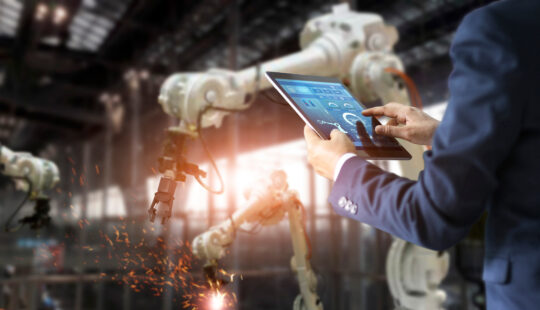It is commonly accepted that technology plays a key role in the future of work, for example, Robotic Process Automation (RPA) and Artificial Intelligence (AI) are changing the nature of work by reducing demand for various manual tasks and basic cognitive skills, while increasing demand for technological skills and higher cognitive skills such as creativity and social and emotional skills that machines cannot master today.
While the COVID 19 pandemic demonstrated that many organisations great and small could in fact accelerate digital adoption for their customers and employees alike, successfully tackling some of the technological aspects of the future work, the human element still often considered ancillary is equally critical.
What are the Human Factors that organisations need to consider?
Well-being and belonging and ethics were ranked at the top of Deloitte’s Global Human Capital Trends, with 80 percent and 79 percent of organisations, respectively, considering them fundamental for their success. Recent Deloitte Insights research suggests that these factors are valued even more today post-pandemic; With well-being and belonging falling under the ‘purpose’ umbrella, companies must try to embed meaning into every aspect of work, every day.
And ethics under the ‘perspective’ umbrella, embracing an orientation that focuses on creating future, as well as current value, suggesting companies must pay careful attention to facilitating standards of behaviour and interaction to generate social cohesion, build shared trust and be more cognisant of choices on organisational norms and culture.
Recent research also suggests that remote work in some capacity will remain as an irrevocable consequence of the pandemic, having some employees work outside the office will require reinventing processes and policies reflecting the increased autonomy and flexibility, changes include leveraging small, independent teams, changes to performance management and learning strategies and associated investments and even investments in physical office space as leases expire.
Prior to the pandemic, McKinsey identified five main types of actions that companies will need to take to build the workforce of the future: retrain, redeploy, hire, contract, and release.
Retrain – Raise the skill levels of employees by teaching them new or more advanced skills.
Redeploy – Shift parts of the workforce by redefining work tasks or redesigning processes.
Hire – Acquire individuals or teams with the requisite skills, increasing the workforce.
Contract – Leverage external workers, such as contractors, freelancers, or temporary workers.
Release– Remove skills not needed by freezing new hiring, waiting for normal attrition and retirement, or, in some cases, laying off workers.
Clearly, building successful workforces of the future will require Leadership and Human Resources to adapt, including a change in mindset and talent strategies to orchestrate the changes. But even with a change in mindset and recognition of the human factors that will shape success in the future:
How do organisations formulate and execute these strategies?
This is the intersection with Technology, business leaders should be considering human capital and technology together not separately. Human experience solutions that allow employees to engage, learn, and connect easily, provide continuous feedback supporting measurement of employee sentiment; And collect and aggregate both qualitative and quantitative data from the many multiple sources both within and external to the organisation and present it as metrics that support actionable insights are crucial.
Organisations of the future must link both the People and Finance perspectives in all mission-critical decisions, operations, and planning. ‘HR in the age of the Experience Economy’ outlines how SAP solutions can support your organisation to better adapt to the new ways of working. For more Future of Work perspectives please join our discussion at Perspectives 2021 on 24th March.
This article originally published on Linkedin.



